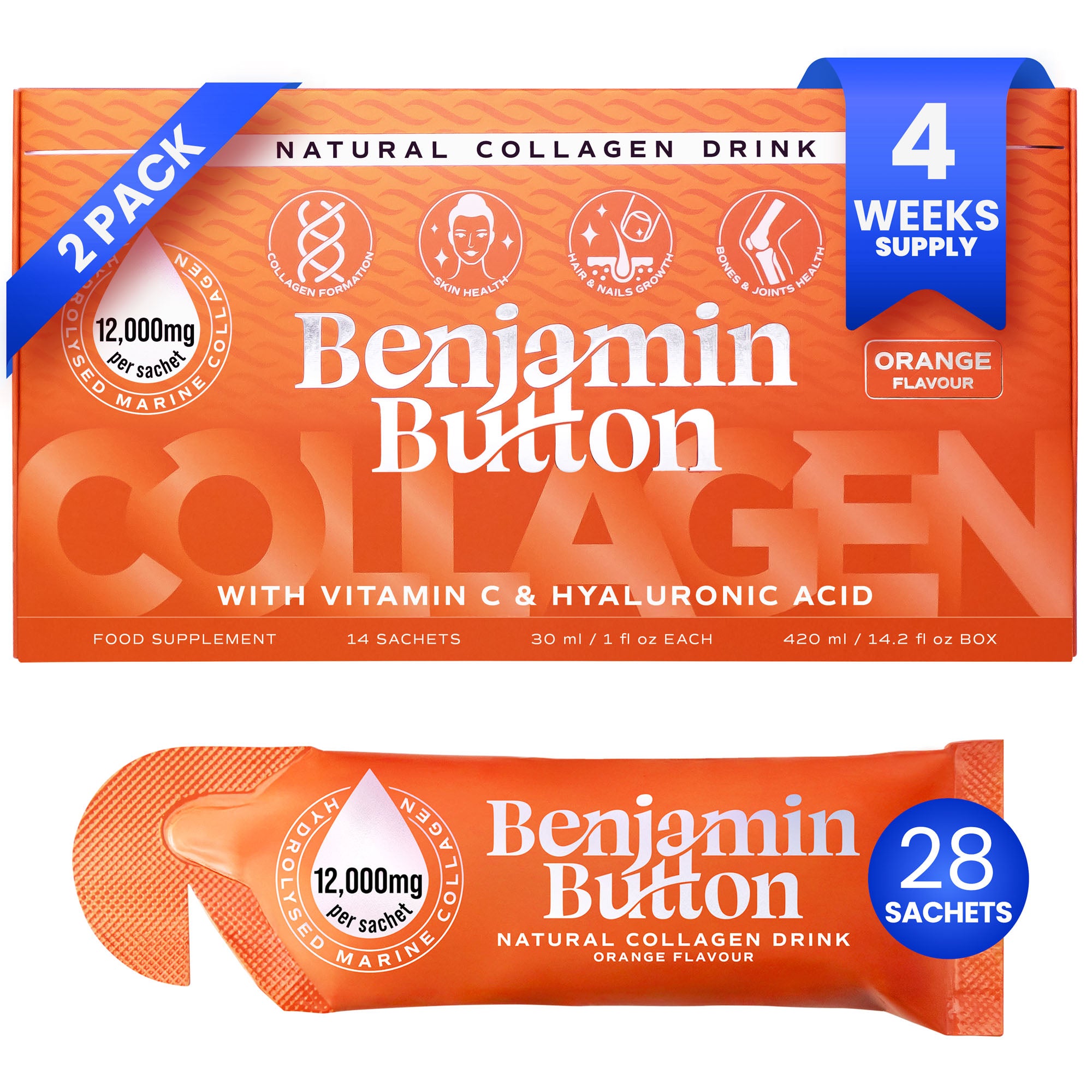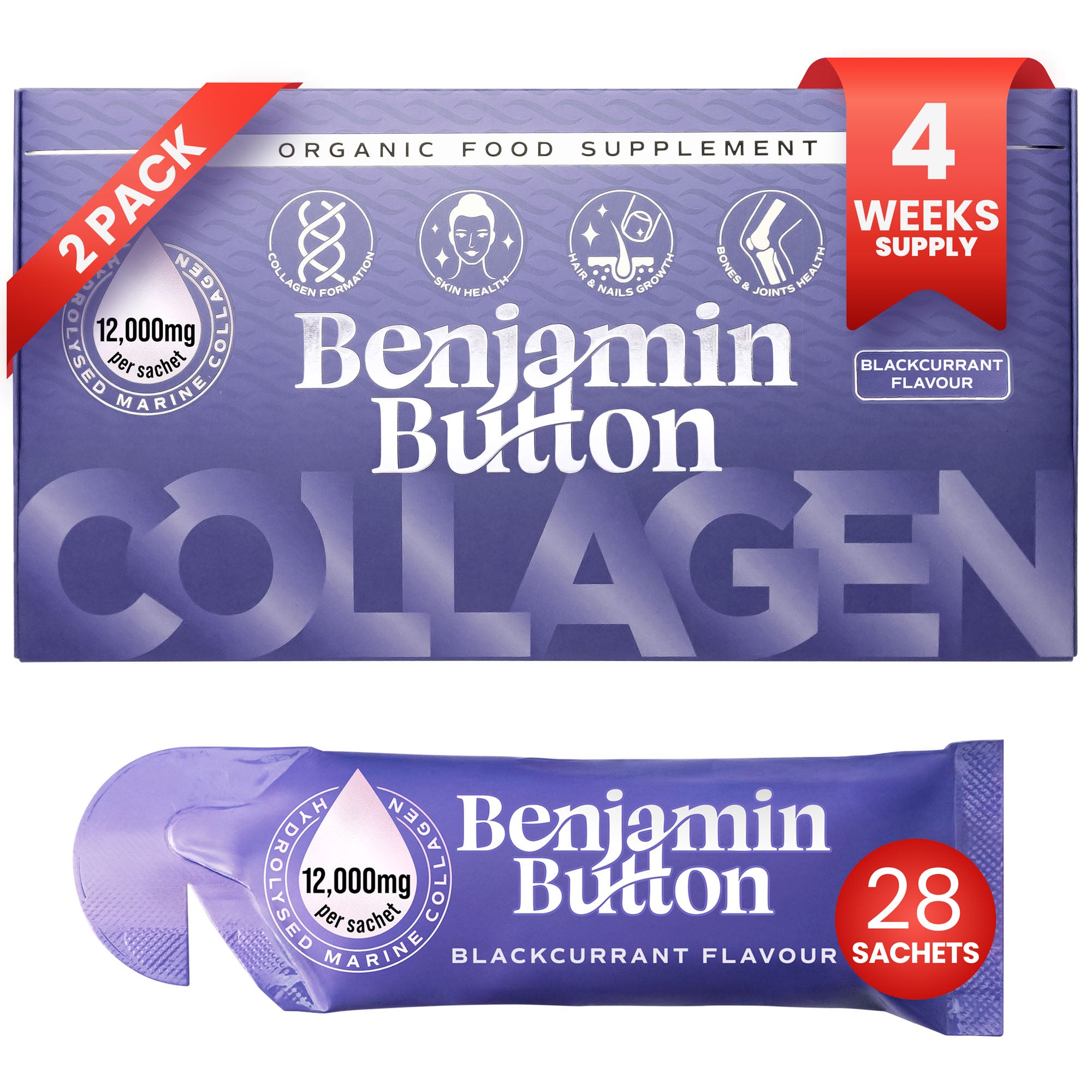Unlock Fitness Goals with the Power of Progressive Overload
One of the most effective methods to achieve your fitness goals is through the principle of progressive overload. It forms the foundation upon which strength training is built, allowing your body to adapt to increased demands over time. Without it, your exercise regime may plateau, and you might find yourself not making the progress you desire, leading to frustration and stagnation. Let’s explore how progressive overload can transform your workout routine and help you reach your goals.Understanding Progressive Overload
Progressive overload means continually challenging your muscles by increasing the weight, frequency, or intensity of your workouts. This principle is essential for muscle growth, strength development, and overall fitness improvement. Why is this crucial? It essentially stimulates your muscles to adapt and grow stronger to cope with the increasing stress placed upon them. For instance, if you lift the same weight for the same number of repetitions week after week, your muscles will quickly become accustomed to that load, and your progress will stall. In contrast, by gradually increasing the weight or varying the routine, you keep your muscles guessing, which can lead to continual growth and improvement.Benefits of Progressive Overload
Implementing progressive overload into your workouts comes with numerous benefits, such as:- Increased Strength: Regularly increasing your weights or intensity leads to enhanced muscle strength.
- Improved Muscle Mass: By challenging your muscles, you stimulate hypertrophy and muscle growth.
- Enhanced Endurance: Increasing repetitions or the duration of your workouts can significantly improve muscular and cardiovascular endurance.
- Better Performance: Consistently pushing your limits leads to improved performance, whether in sports or daily activities.
- Increased Motivation: Seeing consistent progress can be incredibly motivating and keeps you engaged in your fitness programme.
Implementing Progressive Overload in Your Routine
To effectively embed progressive overload into your workouts, consider the following strategies:1. Increase Weights
This is the most straightforward method. Whenever you feel that a particular weight has become too easy, increase the load. Aim to lift a weight that challenges you while still allowing you to complete your sets with proper form.2. Change Repetitions and Sets
Instead of merely increasing the weight, manipulate the number of repetitions or sets you perform. If you typically complete three sets of 10 reps, consider switching to four sets of eight reps with a heavier load, or maintain the weight but increase the reps.3. Alter Exercise Timings
Adjust the tempo of your lifts to create more tension on your muscles. Slowing down the eccentric (lowering) phase of an exercise forces your muscles to work harder, effectively increasing the intensity without necessarily adding more weight.4. Increase Exercise Frequency
Adding more training sessions focused on the same muscle groups can stimulate growth. Adjust your schedule to include more frequent training sessions, ensuring you still allow adequate recovery time for each muscle group.5. Incorporate Advanced Techniques
Techniques such as supersets, drop sets, and circuit training can keep your muscles challenged. They not only enhance endurance and strength but also add a fun variety to your workouts that can help in breaking through plateaus.Staying Safe While Progressing
While the aim is to challenge your body, safety should always be your top priority. Here are essential tips to ensure you’re progressing safely:- Listen to Your Body: Pay attention to how your body responds to increased intensity. If you feel unusual pain, take a step back and reassess.
- Prioritise Technique: Good form is crucial for preventing injury, especially as weights increase. Always ensure that your technique is sound before progressing.
- Rest and Recovery: Allow sufficient recovery time for your muscles to repair and strengthen. Overtraining can lead to injury and setbacks.
- Nutrition Matters: Support your efforts with a well-balanced diet tailored to your fitness goals. Fueling your body adequately allows for growth and recovery.
Progression Tracking: The Key to Success
To successfully implement progressive overload, it is essential to track your progress. This can be achieved through:- Workout Journals: Keep a detailed record of your workouts, including weights used, sets completed, and any modifications.
- Apps and Technology: Utilise fitness applications that allow you to monitor your workouts digitally.
- Regular Assessments: Periodically assess your performance levels to measure strength gains and adjust your programme accordingly.






















